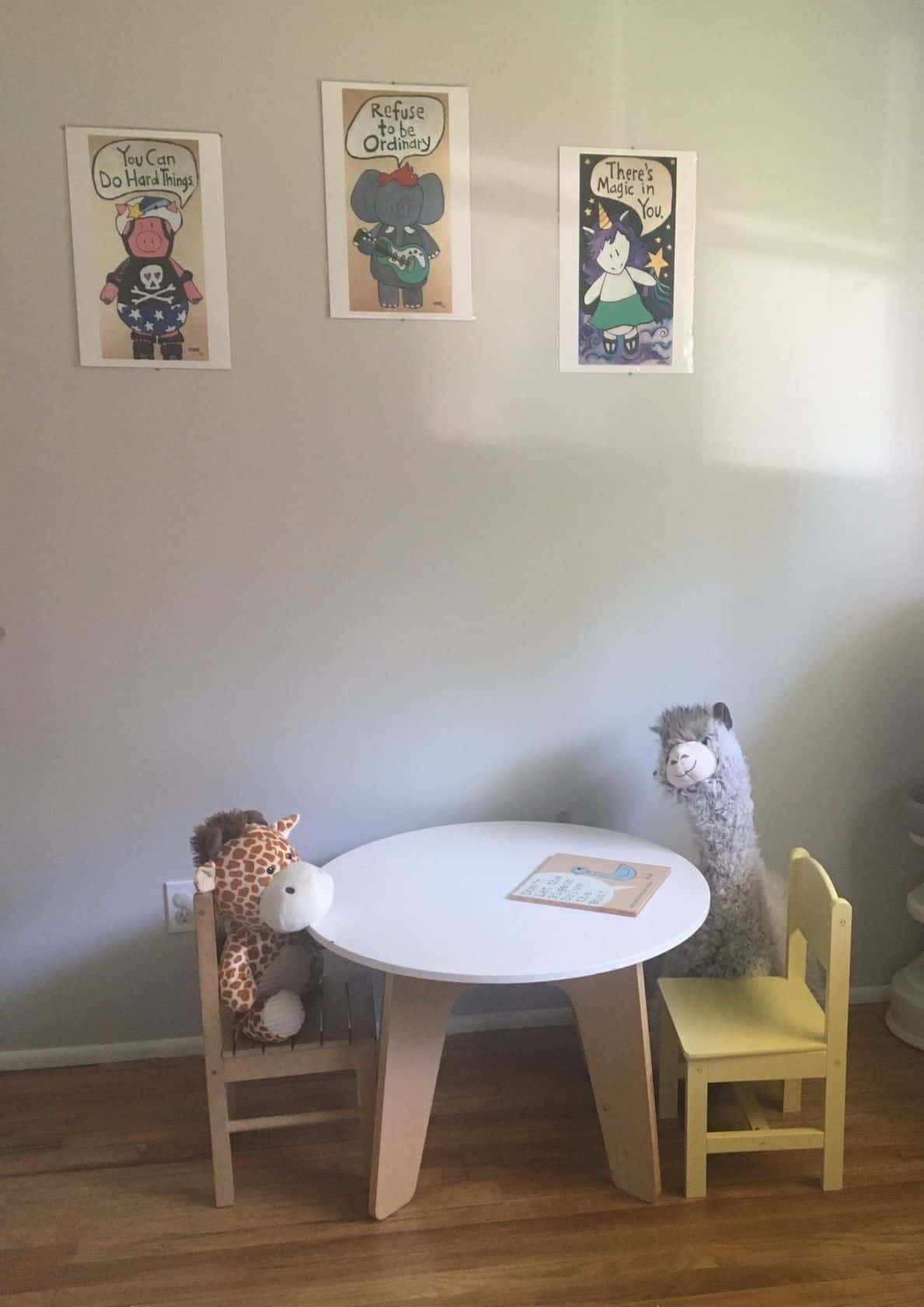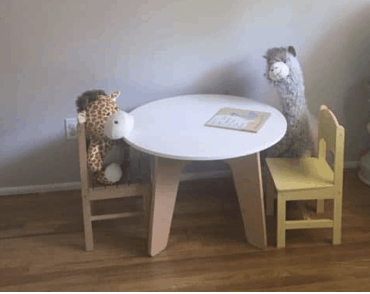How is the COVID-19 pandemic affecting your corner of the early care and education world? Please email Ashley Walker at ashley@childinst.org if you or someone you know can help us to illustrate the on-the-ground reality for educators, families, small business owners, child health workers and others.
I’m the owner and operator of an in-home child care center that has had to shut down. When this all started, before schools officially closed, I had been mostly closed for a week already, because several of my kids had bad colds.
As that week went on, I lost one or two families, and as people started pulling out, the directions came from the state that schools should close. At that time, I was able to have one little boy whose parents still needed to work.
When information began to come out about becoming an emergency care provider for essential employees, I weighed it. It would just be me. And it’s already so stressful when just one new family starts, let alone a few all at once. I’m just a home. I’m not as set up for the transition to emergency care as a center might be. Ultimately, I decided not to apply. I felt guilty, but I’m not a young chicken, either!
Closing down is a financial hardship. I rent my home, and run the business out of it, so I had to call my landlords and tell them I couldn’t afford to pay full rent. And I’m self-employed, so it’s also tax time.

The playroom at Shirley’s Daycare in Clackamas County sits empty. Photo courtesy of Shirley Hackett.
This last year, I made more, so I owe more. I don’t know if I need to get my taxes in right away to qualify for federal assistance to small businesses, or if I will start owing money as soon as I get them filed.
I’m getting a lot of my information from my existing community, Facebook and things. I live two blocks outside of Portland, so the city’s small business loans don’t apply to me. Clackamas County, where I am, may have something similar, but I can’t navigate the small business office there. Everyone is overloaded.
I’m not applying for unemployment, because two of my families are still paying, even though they can’t attend. Their wages aren’t affected because they’re essential workers, or able to work from home. One is a teacher. So I have that income, but it’s way less—a fourth of what it was.
My families have been affected too. In most cases, at least one out of two of the parents are still working. Sometimes remotely, or I have a grocery store person, and she’s essential now. But there are also hardships. And people still having to work, but their business is affected.
It’s been hard to be connected to resources. The Early Learning Division sends things out. I know they’re doing the best they can, but it takes some time. Everyone is overloaded. There’s no guidance on some things.

